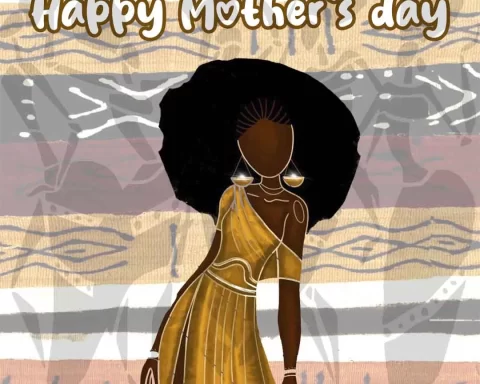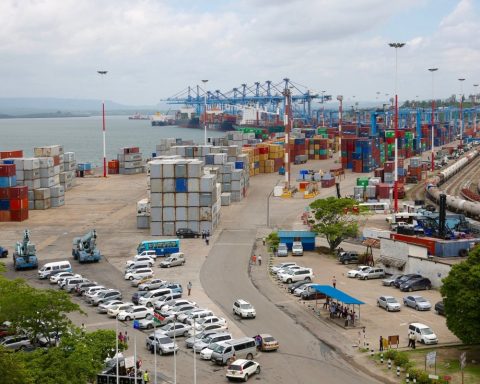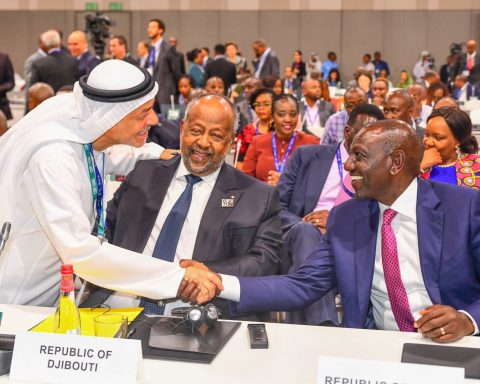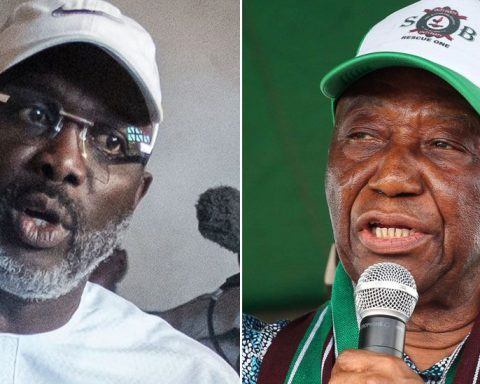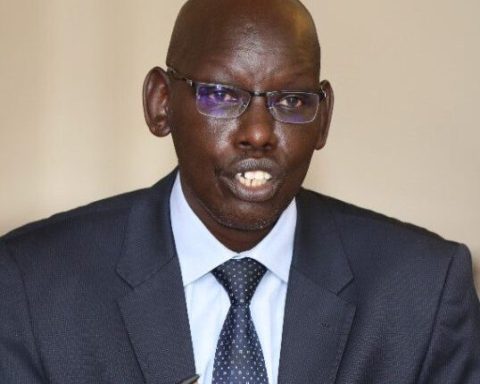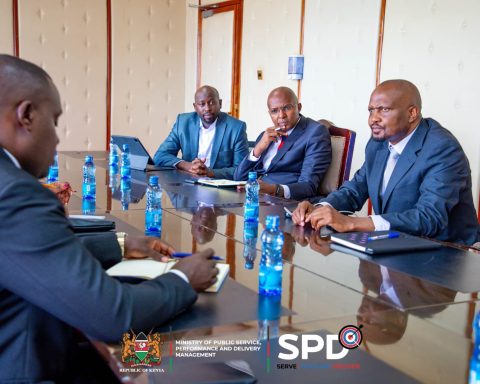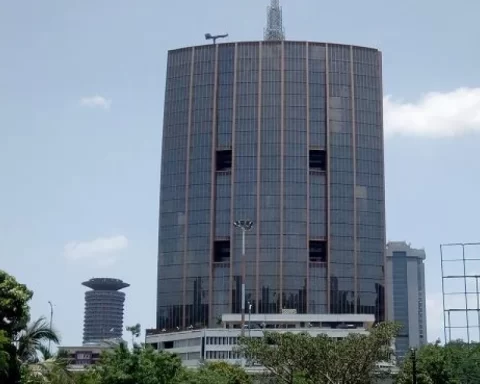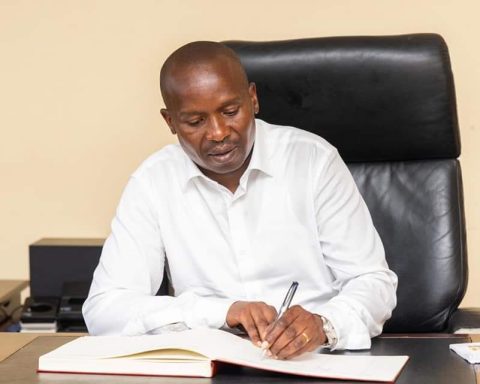Because of our desire to industrialize, African states had to depend on their former colonizers for equipment and other machinery which they did not produce. These were expensive and so, the desire of African leaders to industrialize their countries and change the lives of their people was turned into a noose to continually strangle the continent.
This imbalance of trade is what the World Trade Organisation (WTO) was established to do. While it is interesting to see a Nigerian woman, Ngozi Okonjo Iweala leading the WTO, the organization has done so much damage to Sub-Saharan Africa that our people are waiting to see how much change an individual can make.
The WTO, IMF, and the World Bank have been the major instruments for economic suppression and oppression of Sub-Saharan Africa and the Caribbean countries.
The IMF and the World Bank to be specific are responsible for Africa’s lack of self-sufficiency in food production. The WTO is responsible for the agreement on agriculture which stops African and Caribbean countries from subsidizing their food production, while okaying rich countries like America and European nations to continue to subsidize their farmers.
Why do Breton Wood Institutions and the superpowers give out donations to Africa in billions of dollars every year if they don’t want the continent to remain poor? No poor country anywhere in the world has ever been transformed through aid alone.
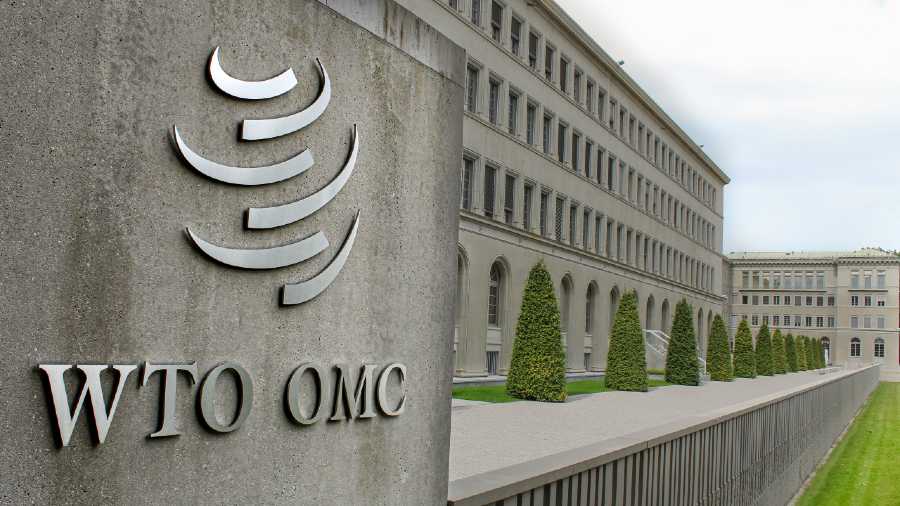
Rather than eliminate poverty, as things currently stand, billions of dollars from the IMF and the World Bank to Africa further alleviate poverty in the continent. Research shows, African and Caribbean countries lose more money annually than they receive through foreign investments, aid, and remittances.
More than three times the amount Africa receives in aid is taken back by the same multi-corporations due to unfair trade treaties. These multinationals exploit the crippling structural adjustment policies from the World Bank and the IMF and amass so much wealth from Africa, that often, their bank balances are way bigger than the size of many African and Caribbean economies.
This wealth and financial power allow these multinational companies to coerce effectively and collude with African political leaders, especially towards regime changes, most of the time installing morally weak leaders to continue with their corruption and buck-breaking African taxpayers.


